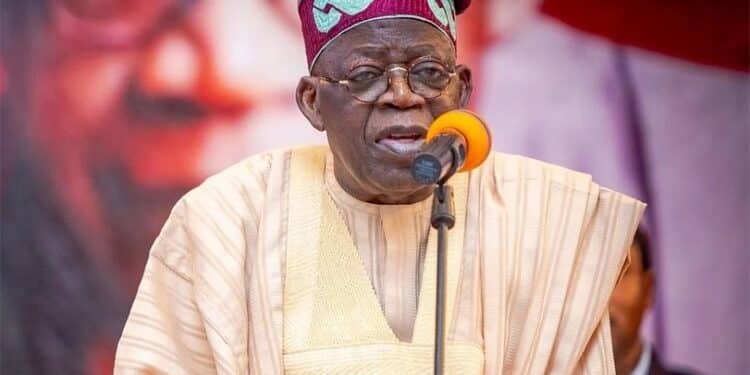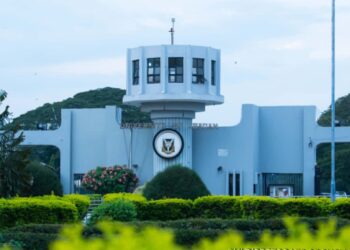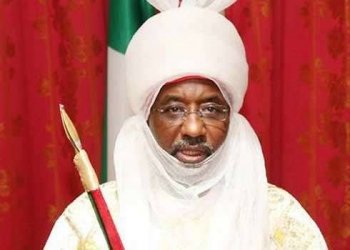The Trade Union Congress (TUC) and the Nigeria Labour Congress (NLC) have expressed conditional support for removing the fuel subsidy.
The two labour organisations declared that they would only permit the elimination of fuel subsidies if Bola Tinubu’s upcoming administration took steps to repair and revitalise government refineries around the nation and permitted modular refineries.
If they failed to achieve this, they threatened to fight the loss of the subsidy and organise workers to resist the choice.
Before the end of its term on May 29, 2023, President Muhammadu’s administration promised to eliminate the subsidy on Premium Motor Spirit, more commonly known as fuel.
Later, Zainab Ahmed, the minister of finance, budget, and national planning, clarified that the scheduled population census and the general election in 2023 delayed the subsidy removal.
After the Federal Executive Council meeting on March 15, Clement Agba, the Minister of State for Budget and National Planning, stated that no decision had been made regarding how to mitigate the anticipated effects of the proposed removal of the petrol subsidy on the populace.
Despite a team led by Vice President Yemi Osinbajo working for approximately a year, he said nothing concrete had been decided.
Chris Ngige, the minister of labour and employment, stated on Channels Television on Tuesday that the government would turn over the implementation of the withdrawal of petrol subsidies and palliative measures to the new administration.
However, the subsidy withdrawal would only be accepted on a conditional basis, according to the NLC and the TUC.
Hakeem Ambali, one of the NLC’s top officials and president of the National Union of Local Government Employees, stated that the organisation opposed the removal of the fuel subsidy.
The PUNCH reports Ambali, the NLC’s national treasurer, saying this in an interview.
He said, “Unless the Nigerian government acts responsibly by repairing our idle refineries, we are opposed to the withdrawal of petroleum subsidies.”
Ambali also demanded that private refineries be standardised, stating that it was unfortunate that Nigerians had to bear the consequences of the government’s negligence. As we are the only country in the world that produces oil but also imports petroleum products, let the government issue licences and act as a regulator by regulating how private refineries operate to support the domestic value chain.
The National Union of Teachers’ national president, Titus Amba, declared that the union will support the NLC’s decision to end fuel subsidies.
“We are working together with the NLC. The position of the NLC as regards the issue of fuel subsidy is our position,” he said.
The TUC recommended that the president-elect ensure the efficient operation of modular refineries nationwide and pointed out that gasoline subsidies were a swindle, supporting the NLC’s position.
Tommy Etim, the Vice-President of the TUC and National President of the Association of Senior Public Servants of Nigeria, outlined the necessity for viable modular refineries in Nigeria.
Etim advised Tinubu’s incoming administration to get things moving.
He said, “The subsidy regime is a scam. I doubt if there is any subsidy to remove. Every day we wake up to new fuel prices and tariffs, so which subsidy are they talking about again? I think we have passed the level where we get shocked or get moved whenever we hear about the removal of any subsidy. Our advice to the incoming administration is for them not to hide under the shadow of any subsidy. We were made to believe that there was a subsidy. The solution now is for our refineries to work.
“The money used to service the so-called subsidy should be used to repair our moribund refineries. We have been kept in bondage. There is nothing else to excite us about subsidy. Let them repair the refineries and then the money used to service the so-called subsidy should be used to service other critical sectors. In the education sector, for instance, a lot of issues need to be addressed. Similarly, we need to review the minimum wage.
“So, when we say we don’t believe that the subsidy is still in existence, we are telling you what we believe. Fix the refineries and let us all move on.”
Offshore oil blocs
The President has approved adjusting the mini-bid round schedule for the 2022–2023 deep offshore oil bloc, extending the procedure until July.
The Federal Government said on January 16, 2023, that the seven deep offshore open oil blocs licencing cycle, which started on January 3, will span four months.
Nevertheless, Gbenga Komolafe, the head of the Nigerian Upstream Petroleum Regulatory Commission, said on Saturday that the President has extended the deadline to increase trust in the procedure’s openness and consistency.
According to him, the sanction was given in response to worries both domestic and foreign investors raised regarding how near the schedule was to the end of the Buhari administration.
“Following the approval of President Buhari in his capacity as the Minister of Petroleum Resources, the NUPRC has revised the deep offshore oil bloc bid round schedule,” Komolafe said. “The deadline for the submission of technical/commercial bids has been extended to May 19, 2023, and the timeline for concluding activities of contract negotiations and signing has been extended to between July 3 and 28, 2023.”
According to him, the mini-bid round complied with the bid round timeline, which was included in the bid round instructions.









